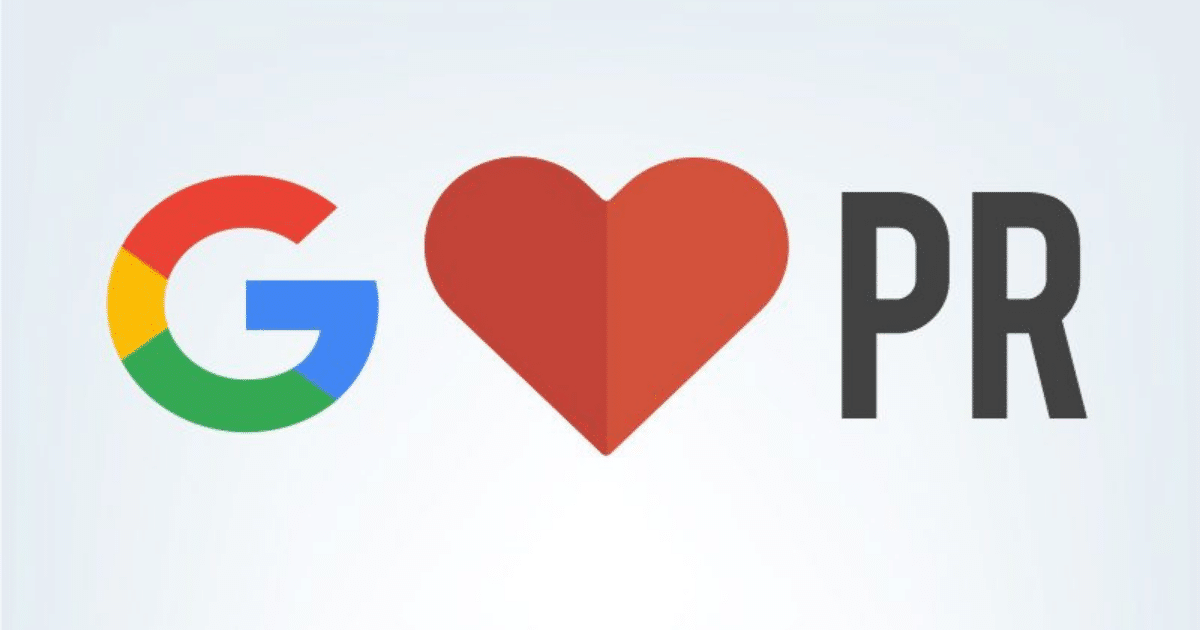
When you’re a new company one of the hardest things to do is get noticed. While it’s not something that will happen overnight, an effective SEO strategy can do just that by helping your company start to rank higher in some of the 100 Billion searches performed on Google search engines each day.
One of the most often common asks we hear from startups when it comes to SEO is the desire to get more inbound links to their sites. And for good reason too: inbound links are one of the most important factors in Google’s determination of a site’s page rank. And since Google accounts for roughly 80% of the searches performed on the internet, optimizing your SEO for Google is imperative.
While there are several ways to secure inbound links, there are some methods that have more impact than others. Two of these include creating content (blogs, infographics, videos, etc.) that people naturally want to link to, and seeding stories in the media that link back to your site. While these two methods can yield significant results, many underestimate how difficult it can be to achieve inbound links this way. Here’s why:
If You Build it They Will Come… Eventually
When you’re a startup struggling to get your name out to the world you’re also going to struggle to get your content out there. Unless you strike gold with the ever elusive piece of viral content, which has a finite lifespan itself and doesn’t guarantee long term success, creating content that people naturally want to link to takes a lot of time and effort, and a particular expertise that sometimes can only found in a consultant or firm that creates content for a living.
That doesn’t mean you should abandon your homegrown content strategy — that is never a good idea. Even if the content you’re creating isn’t building a ton of links right now, it’s providing a lot of residual value that makes it worth the effort. And, if you keep at it and create a frequent stream of content that provides value for your target personas, the links will eventually come.
Ink Doesn’t Always Guarantee a Link
Some of the most influential inbound links a site can receive come from the media. With already established audiences and plenty of authority, links from an influential publication or blog can really boost your ranking. But receiving inbound links this way also requires specific expertise in effective storytelling and a network of media relationships to secure these stories. For many startups, this expertise can’t be found in house.
Even when you do land a story in a publication, securing links in that story isn’t always guaranteed. For publications like Mashable, Verge, Buzzfeed etc, you can certainly ask for inbound links with a story, but at the end of the day, it’s an editorial decision. With individual influencers and smaller blogs, you may have a little more influence on securing a link, but this can also pull you into a paid request.
But don’t worry — there’s good news!
Google Loves PR!
Recently, Google filed a patent that details how brand mentions and implied links can contribute to ranking authority. What does this mean? Let’s say the New York Times writes an article about your company but doesn’t link to you (this happens a lot). No problem. Using contextual analysis, Google gives you credit for this “implied link” although no link is included in the article. An inbound seekers dream come true.
Clearly, this is a nod from Google that validates the credibility and authority that media articles provide. And for firms like ours, this is a sign that the very nature of PR, getting the word out rather than focusing on inbound links, will only increase in value over time.
So What Does this Mean for Your SEO strategy?
The roadmap for when Google will officially start counting implied links in their rankings is unclear. For that reason, keep doing what you have been with traditional keyword and link building techniques. No matter what changes Google or other make, employing SEO best practices the right way will always benefit you.
Fuse Strategies for More Impact
When you combine PR with content creation, the power increases significantly. We saw this firsthand recently when we worked with two of our clients to partner on a data story and blog post that we used in a PR pitch. The effort resulted in inbound links from Quartz, Inc, Re:Code and others.
So what’s the lesson? When you have compelling content, the media is much more likely to link to it as opposed to link to your site. You may get a series of launch stories that link to your site in the early days, but creating great content is the key to making your media efforts scaleable and giving the media a reason to link to you.
One thing that’s not likely to change anytime soon is the fact that user experience and quality are what Google cares most about when determining rankings for sites. While it’s exciting to think that mere mentions of a company will someday soon boost SEO and bring views to you site in ways never possible before, for now, you should focus your efforts on creating the best experience you can for your customers.
What are your thoughts on inbound links and what this patent might mean for SEO? We’d love to hear from you!



